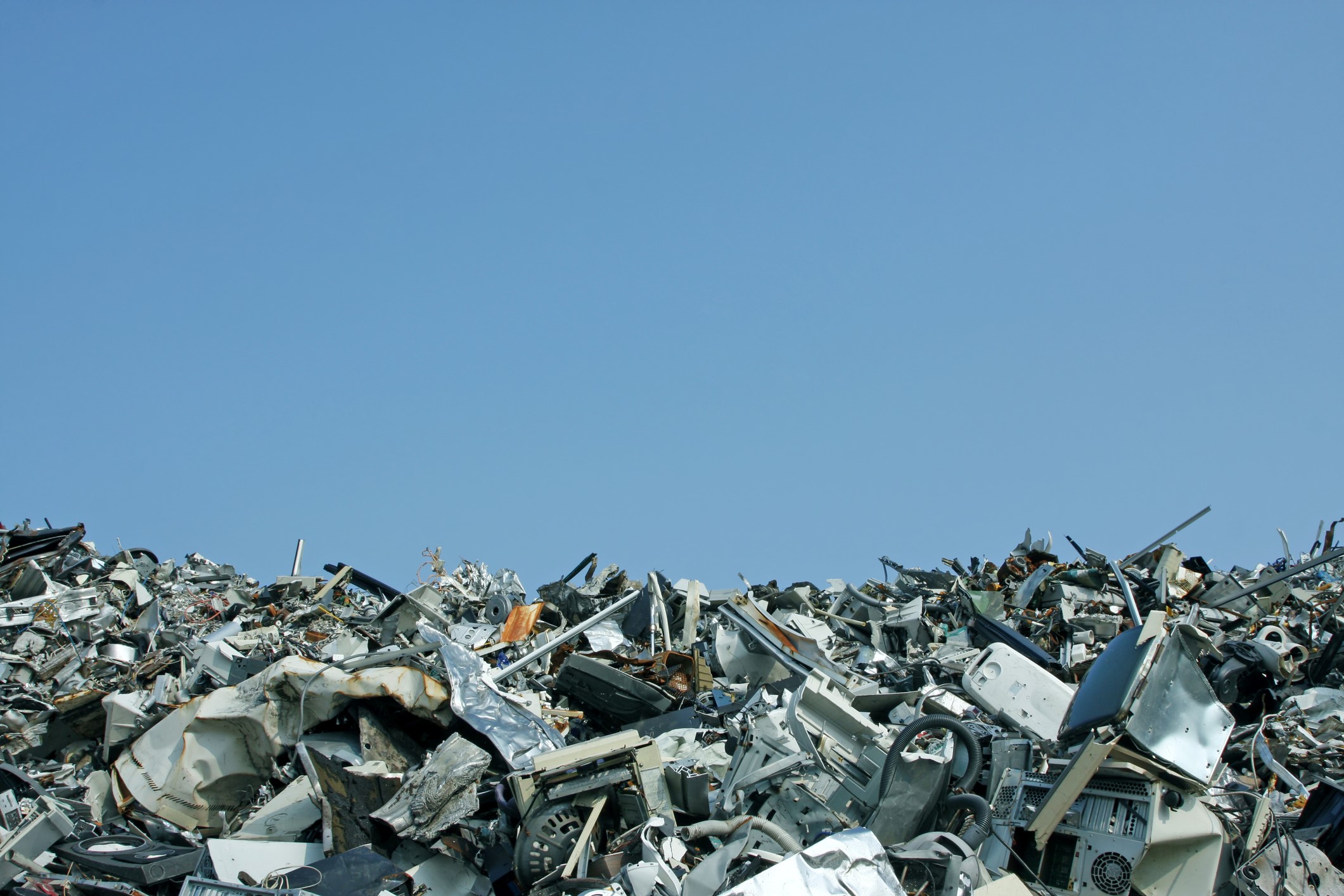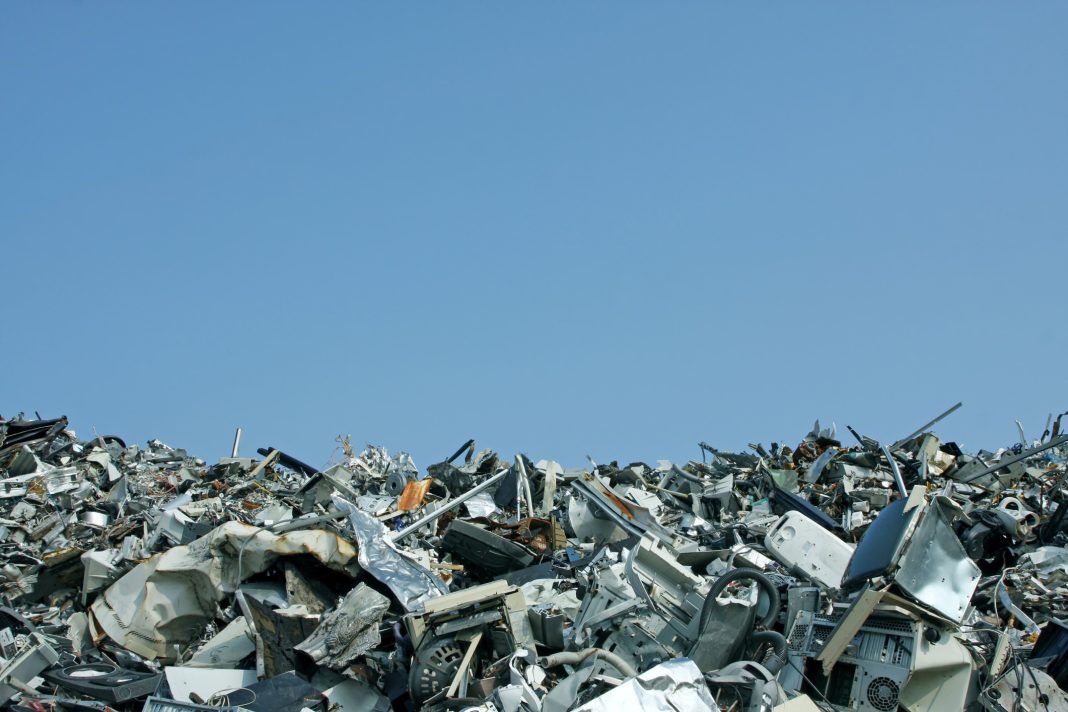 Nuclear energy has long been recognized as a potential solution to America’s need for reliable low-carbon electricity. However, the nuclear power industry has faced significant hurdles, particularly in regards to what to do with radioactive, spent fuel. Recycling nuclear waste has been held up in the United States for decades due to legal and regulatory issues. But if allowed to flourish, it could resolve the waste problem and more.
Nuclear energy has long been recognized as a potential solution to America’s need for reliable low-carbon electricity. However, the nuclear power industry has faced significant hurdles, particularly in regards to what to do with radioactive, spent fuel. Recycling nuclear waste has been held up in the United States for decades due to legal and regulatory issues. But if allowed to flourish, it could resolve the waste problem and more.
The nuclear power industry in the United States has been stymied by bureaucratic hurdles for the past 50 years. Public fears following the meltdowns at Chernobyl, Three Mile Island, and Fukushima have contributed to these hurdles, along with concerns about the toxicity of used nuclear fuel and its potential for reuse in nuclear weapons. However, there has been a recent bipartisan consensus in support of nuclear power, with environmentalists now viewing it as a clean energy source alongside wind and solar.
While there is support for nuclear power, reviving America’s nuclear power industry is a complex task. One major obstacle is the need for a reliable supply of fuel for new nuclear plants. Additionally, once the fuel is spent, there must be a safe and secure way to dispose of it. Currently, the United States is heavily dependent on imports for uranium, the fuel source for nuclear plants.
The United States has been storing its spent nuclear fuel in dry containers on-site at power plants. However, the government has yet to build a permanent geologic repository for nuclear waste, leaving electric utilities responsible for its safe disposal. As a result, the volume of spent nuclear fuel in temporary storage continues to grow each year, prompting utilities to sue the government for breach of contract.
The lack of a solution for nuclear waste is a major barrier to the growth of the nuclear power industry. Utilities are hesitant to invest in new reactors when they will be left with stranded nuclear waste on their sites. To address this issue, companies like Curio are working on recycling technology that can repurpose used nuclear fuel. This technology has been successfully used in other countries, such as France, where 10 percent of electricity comes from recycled nuclear fuel.
There is great value in recycling nuclear fuel. Not only is there 96 percent of the energy value left to be repurposed, but the fissioning process also generates highly valuable isotopes used in medicine, industry, and national security. Additionally, there is enough energy remaining in spent nuclear fuel, if recycled, to meet America’s energy needs for the next 150 years.
Despite the potential benefits of recycling nuclear fuel, there are still hurdles to overcome. Regulatory issues and gaps in regulations have been identified by the Nuclear Regulatory Commission, and changes to the Nuclear Waste Policy Act would require bipartisan support. However, there are indications that the political winds may be shifting, with the Department of Energy granting funds for recycling programs and discussions taking place about alternatives for disposing of spent nuclear fuel.
If legal and regulatory hurdles can be cleared, commercial nuclear recycling could begin at scale in America within the next decade. This would not only address the waste problem but also provide a reliable supply of fuel for the nuclear power industry. With growing bipartisan support for nuclear power, the future of recycling nuclear waste looks promising. As one recycling company’s communications director puts it, “Used nuclear fuel is only waste if you waste it.”


